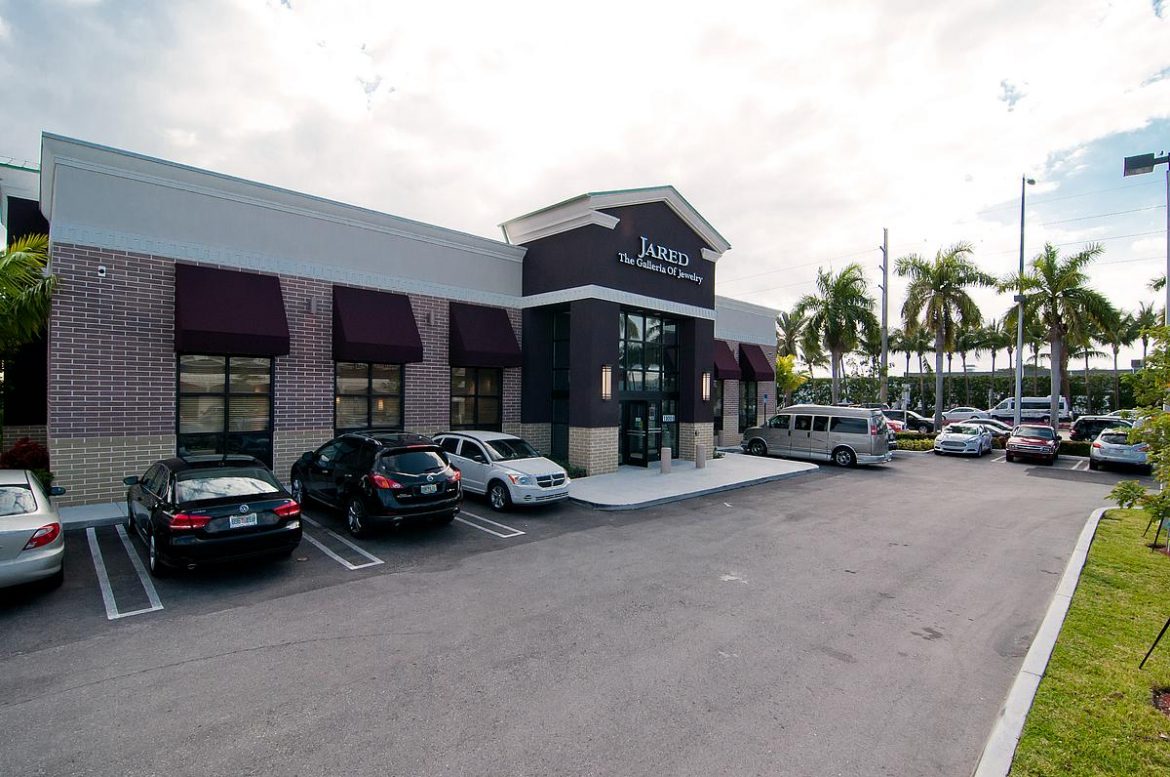Architectural Digest reports a new trend in amenities for multifamily residential buildings: on-site healthcare facilities or services that allow residents to receive medical testing or treatment at home. In this peri-pandemic era when home confinement is the prescription for avoiding infection and transmission of COVID-19, the appeal of having medical care come to you is undeniable.
As AD indicates, these new amenities go beyond the gyms, yoga studios, spas, and other ”wellness”-focused spaces found in many communities. While semi-private exercise spaces will likely be preferable to fully public ones for quite a long time to come, even those ‘safer’ options still require frequent disinfection, social distancing, and strict scheduling, and therefore may be less likely to provide the serenity—and therefore some of the health benefits—that they did prior to the pandemic.
For the next level of residential wellness offerings, developers are teaming up with providers of telemedicine, COVID testing, and concierge medical services to give their buildings and communities access to medical care from the comfort and isolation of one’s apartment.
The nexus for this boom in health-focused amenities, according to AD, is South Florida—which should surprise no one. The state has long been a mecca for older residents savoring their retirement years, making the population more likely to access healthcare in general. Additionally, the area is home to a sizable international community that may find concierge-style medical services easier to navigate than the traditional (and Byzantine) American healthcare system. It’s also a popular destination for medical tourism—and who wouldn’t want their elective surgery consultation (or even the procedure itself) conducted in the comfort and privacy of a residence?
On-demand medical concierge services were already available at the Ritz-Carlton Residences Miami Beach before COVID-19, reports AD, but their use has increased dramatically since the pandemic hit.
“It seemed like an added-value luxury perk and now it’s something they find essential,” a representative tells the outlet, referring to the development’s unit owners.
Jim Carr, co-founder of real estate development firm CC Homes, recognized the benefits of telemedicine even before the pandemic.
“If you have a routine illness or a checkup,” he tells AD, “you don’t want to tie up your day going to the doctor’s office.”
To that end, CC Homes now offers complimentary telemedicine to buyers of its units through a partnership with Baptist Health South Florida, a nonprofit clinical-care network with 10 hospitals and more than 100 outpatient centers throughout the region. Homeowners receive a one-year membership to Baptist Health Care on Demand, AD indicates, which includes unlimited virtual urgent-care visits along with an in-home TytoCare digital diagnostic device that transmits heart rate and temperature and allows doctors to examine patients’ skin, ears, and throat remotely.
Danny Elfenbein, director of digital and consumer solutions at Baptist Health, tells AD, “Developers have always looked at wellness—yoga classes, gyms, rooftop gardening—but actual healthcare hasn’t really been part of the mix before.”
Citing the TytoCare device as a “tipping point” toward a more formidable in-home healthcare trend, Elfenbein indicates that he is already hearing from other real estate companies interested in Baptist Health’s offerings for residents.
And this fall, as reported by Forbes, developer Royal Palm Companies will break ground on Legacy Hotel and Residences, a 50-story tower in downtown Miami with a full-service medical facility on the ground floor. Residents will have priority access to the $60 million, 100,000-square-foot Center for Health + Performance, which will include an onsite lab and pharmacy, elective surgical suites, diagnostic imaging capabilities, and a dedicated number of medically equipped hotel rooms for post-surgical patients, according to the outlet.
“When we set out to do this project we were contemplating… what’s not been done in hospitality,” says Royal Palm Companies’ chief executive officer Dan Kodsi.
After the coronavirus pandemic hit, he says the developers decided to apply the same design principles from the medical center to the hotel and residences, upgrading the ventilation systems and planning to include more voice-activated, touchless technology and UV light sanitation.
“Having a medical center has made people more enthusiastic,” he says of the post-pandemic response. “People take comfort in buying in a place that has these kinds of amenities. Health is the new wealth, we say.”
The development is averaging four to five contracts a week, according to Forbes.
Not everyone agrees that this trend of in-home access to medical services is 100% beneficial. James Plumb, a doctor and co-director of the Jefferson Center for Urban Health, part of Thomas Jefferson University Hospitals, indicates to WHYY that residents, as well as landlords and developers, should think carefully before diving head first into boutique or ad hoc health services. He cautions that these services don’t necessarily involve consulting a patient’s primary care physician or reviewing their medical history, which can lead to unintended negative health consequences.
“You try to maintain folks in a contained system so decisions can be made with background information on patients,” he tells the network.
Plumb also points out the redundancy of telemedicine as a housing amenity or perk, indicating that most major U.S. health systems, including Jefferson, have robust telehealth offerings already. A service like Health+ might not be filling any gaps, in that case; moreover, “[It] might be potentially harmful for continuity of care,” Plumb concludes.
Like with most trends, the popularity of healthcare amenities in residential buildings might only last until the next big thing comes along. Or until the development and worldwide administration of an effective coronavirus vaccine.
Source: The Cooperator

